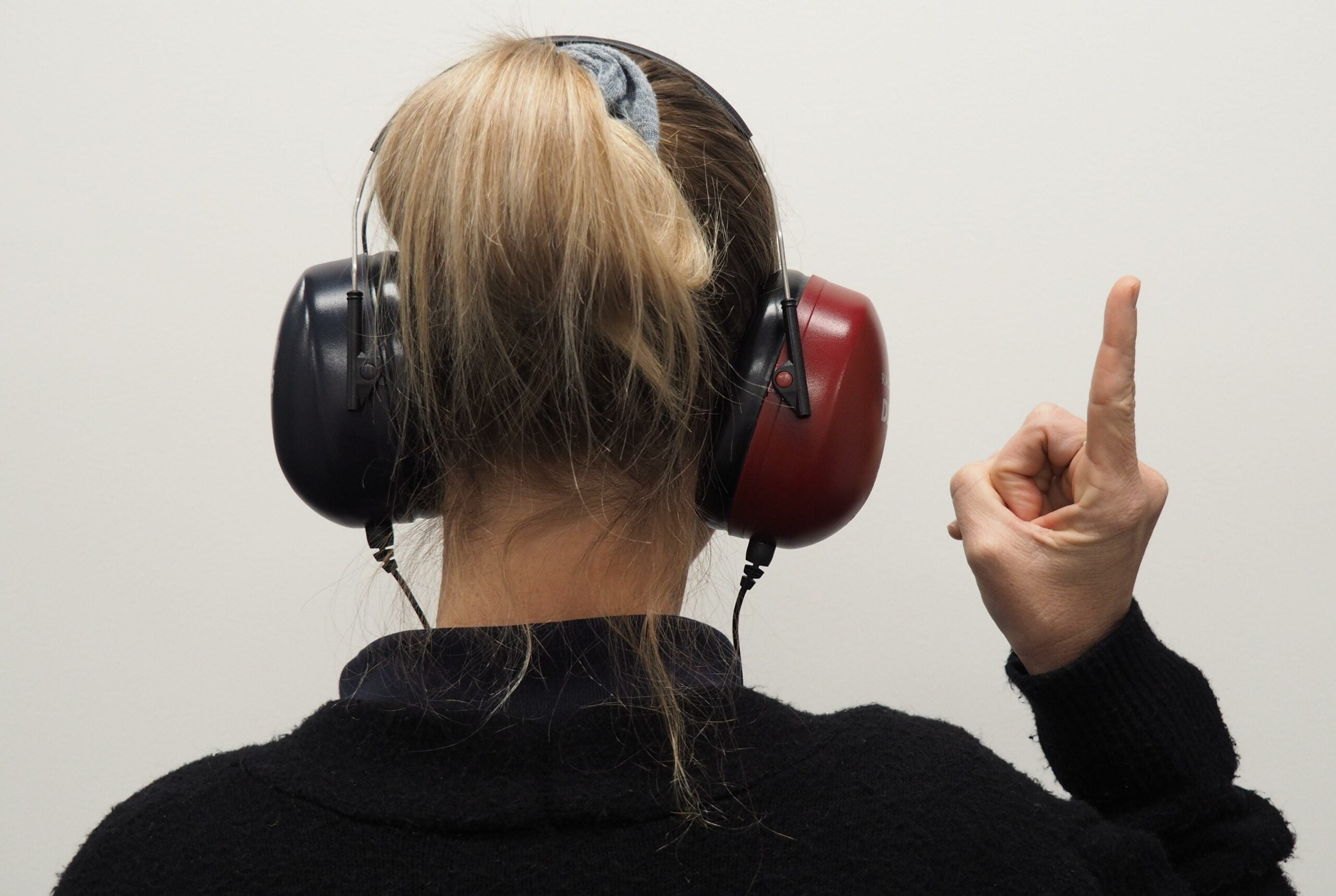Are you fascinated by the intricate workings of the auditory system? Do you aspire to make a difference in the lives of individuals with hearing loss? If so, you’re in for a treat. In this article, we delve into the profound impact of audiology education and how it empowers future audiologists. As we embark on a journey through the realm of auditory rehabilitation and diagnostic assessment, we will uncover the invaluable knowledge and training that mold aspiring audiologists into experts. Join us as we explore the transformative power of audiology education and its role in shaping the future of this noble profession.

Audiology Education
In the field of audiology, education plays a vital role in shaping the future of audiologists. Becoming a licensed and certified audiologist requires a doctoral degree, which involves years of dedicated study and practical training. Whether pursuing a Doctor of Audiology (Au.D.), a Doctor of Philosophy (Ph.D.), or a Doctor of Science (Sc.D.) degree, the journey towards audiology expertise is both rigorous and rewarding.
The Foundation of Audiological Expertise
The foundation of audiological expertise lies in the comprehensive education and training that aspiring audiologists undergo. This begins with a four-year bachelor’s degree, which lays the groundwork for further specialization. Subsequently, four years of doctoral education immerse students in the depths of audiology, covering a broad range of subjects related to hearing, balance, anatomy, physiology, and audiological assessment techniques.
Through these years of study, future audiologists gain the knowledge and skills necessary to amplify sound, accurately test hearing, and understand the intricate workings of the auditory system. The education they receive equips them with the tools to diagnose conditions, offer appropriate treatments, and provide expert care for individuals with hearing loss and balance disorders.
The Impact of Audiological Education
The impact of audiological education extends far beyond the individual audiologist. By nurturing the next generation of hearing healthcare providers, audiology education empowers future audiologists to make a significant difference in the lives of those they serve. The importance of this impact cannot be overstated, as hearing loss and balance disorders can have profound effects on individuals’ overall well-being.
With their extensive training, audiologists are able to assess patients using a combination of symptoms, family history, and physical assessments. This holistic approach ensures that each patient receives personalized care and the most appropriate treatment plan. The knowledge and skills acquired through audiology education enable audiologists to bring about positive change and improve the lives of individuals with hearing loss.
Audiology Education: A Versatile Pathway
One of the remarkable aspects of audiology education is its versatility. Audiologists have the opportunity to work in various settings, including hospitals, clinics, schools, and private practices. This versatility allows them to serve diverse populations and address a wide range of hearing and balance concerns.
Moreover, audiology education provides a solid foundation for audiologists to continue advancing their careers. Special certifications, such as those offered by the American Board of Audiology or the American Speech-Language-Hearing Association, allow audiologists to further specialize in areas such as pediatrics, cochlear implants, or tinnitus management. These certifications not only enhance practitioners’ expertise but also broaden their horizons, enabling them to provide specialized care and better meet the unique needs of their patients.
The Demand for Audiologists
The field of audiology, a harmonious blend of science and compassion, is in high demand. As hearing loss affects millions of people worldwide, the need for qualified audiologists continues to grow. Audiologists play a crucial role in detecting and treating hearing loss, ultimately improving patients’ quality of life through various interventions and assistive technologies. This demand also translates into competitive salaries for audiologists, making it an attractive and fulfilling career choice for those who are passionate about helping others.
Audiology Education: Empowering the Future
The impact of audiology education extends beyond the knowledge and skills acquired. By empowering future audiologists with a deep understanding of audiology, this education instills a lifelong commitment to providing excellent care and advancing the field. Audiologists equipped with a solid educational foundation become valuable contributors to research, innovation, and the overall growth of audiology.
Through continuous learning and a dedication to excellence, future audiologists can navigate the ever-evolving landscape of hearing healthcare confidently. As trusted professionals in their field, they establish relationships based on trust, empathy, and expertise. By continuing to expand their knowledge and skills, these audiologists can adapt to emerging technologies, refine treatment approaches, and advocate for the needs of individuals with hearing loss.
In summary, audiology education is the cornerstone upon which future audiologists build their careers. Through a combination of rigorous coursework, practical training, and ongoing professional development, this education empowers audiologists to make a profound impact on the lives of individuals with hearing loss. With their expertise, compassion, and dedication, audiologists serve as beacons of hope and advocates for better hearing health for all.
“Audiological education is the key that unlocks the door to a world of better hearing.”
Audiology is an exciting field that is full of intriguing discoveries and fascinating insights. If you’re curious to learn more about the world of audiologists and the valuable work they do, you won’t want to miss out on these fun facts about audiologists. From their roles in diagnosing hearing disorders to their expertise in fitting hearing aids, audiologists play a vital role in improving people’s quality of life. So why wait? Click here to uncover the captivating world of audiologists and discover the amazing things they do. fun facts about audiologists
FAQ
Question 1
What educational background is required to become an audiologist?
Answer 1
Audiologists must earn a doctoral degree in audiology, which typically follows a four-year bachelor’s degree.
Question 2
What types of doctoral degrees can audiologists earn?
Answer 2
Most audiologists earn a Doctor of Audiology (Au.D.) degree, but some may earn a Doctor of Philosophy (Ph.D.) or Doctor of Science (Sc.D.) degree.
Question 3
When did the requirement for audiologists to earn a doctoral degree in audiology begin?
Answer 3
Audiologists in the United States have been required to earn a doctoral degree in audiology since 2007.
Question 4
What topics are covered in audiology school coursework?
Answer 4
Audiology school coursework typically covers topics such as amplifying sound, testing hearing, and the anatomy and physiology of the auditory system.
Question 5
Where do audiologists typically work?
Answer 5
Audiologists may work in various settings, including hospitals, clinics, schools, and private practices.
“`json
“`
- Mastering Leader in Spanish: The Complete Guide - April 19, 2025
- Uncovering Surprising Parallels: England Size Compared to US States - April 19, 2025
- Old Mexico Map: Border Shifts 1821-1857 - April 19, 2025
















